According to the report, the draft Land Law (amended) submitted by the Government to the National Assembly at the 5th Session (Term XV) has designed regulations on land classification based on the inheritance of the Land Law of each period to ensure the stability of the legal system and land records. To ensure a legal corridor for strict and effective land management and use, Chapter XIII has a number of provisions on land use regimes for a number of specific detailed land use purposes such as: Land managed and used by agricultural and forestry companies; land for building apartment buildings; Land used for urban and rural residential area improvement or land used in functional areas for land used for economic zones, land used for high-tech zones or some specific types of land such as: Land for airports, civil airports, railway land belonging to traffic land... Incorporating the opinions of National Assembly deputies, the draft also revised the name of Chapter XIII from "Regime for using types of land" to "Regime for using land" to ensure consistency with the content of the provisions in the Chapter.
The National Assembly listens to a report on the socio-economic situation. Photo: Pham Kien/VNA
Regarding land policy for ethnic minorities, based on the opinions of National Assembly deputies at the 5th Session of the 15th National Assembly; implementing the direction of the Standing Secretariat in Document No. 7269-CV/VPTW, the Government has directed the Ministry of Natural Resources and Environment to coordinate with the Standing Committee of the Nationalities Council and the Standing Committee of the National Assembly's Economic Committee to complete regulations on land support policies for ethnic minorities and organize to collect opinions from local ministries and branches.
Accordingly, the draft has added prohibited acts for “Violating land support policies for ethnic minorities”; State responsibility for residential land and agricultural land for ethnic minorities (Article 16); amending and supplementing regulations on State responsibility for land for ethnic minorities. In addition, it specifically stipulates policies to support residential land, agricultural land, and business land for individuals who are ethnic minorities and are poor or near-poor households in ethnic minority and mountainous areas.
Regarding the rights and obligations of economic organizations and public service units using leased land and paying annual land rent (Clause 2, Article 34), the Government proposes to choose option 2, keeping as stipulated in the draft Law submitted by the Government to the National Assembly at the 5th Session (15th tenure), public service units using land leased by the State and paying annual land rent have full rights like other economic organizations leasing land and paying annual rent, including the right to sell, the right to mortgage and the right to contribute capital with assets attached to the leased land and the right to rent in the lease contract to help public service units be proactive in using assets attached to the land owned by the unit to mobilize capital, cooperate, carry out economic activities according to their capacity, ensure financial autonomy in operations, and reduce pressure on the state budget. However, to strictly manage land use rights as public assets, the Government proposes to remove the right to sell or lease lease rights in land lease contracts with annual payments of public service units.
Regarding the rights and obligations regarding land use of Vietnamese people residing abroad who are entitled to land use rights (Point g, Clause 1, Article 28 and Clause 1, Article 44), the Government proposes that Vietnamese people residing abroad who have Vietnamese nationality and are Vietnamese citizens have full rights related to land as Vietnamese citizens in the country (domestic individuals). For people of Vietnamese origin residing abroad, they have the rights and obligations as prescribed in the 2013 Land Law, Amending and supplementing Clauses 2 and 5, Article 4 in the direction: Land users are allocated land, leased land, and have their land use rights recognized by the State; are using land stably but have not yet been granted a Certificate of land use rights, a Certificate of house ownership rights and land use rights, a Certificate of land use rights, house ownership rights and other assets attached to land, a Certificate of land use rights, ownership rights of assets attached to land; receive land use rights transfer; sublease land according to the provisions of this Law.
Accordingly, in cases of land lease with one-time and annual payment (Clause 2, Article 121), the Government agrees with the provisions on cases of land lease with one-time and annual land rent collection stipulated in Clauses 2 and 3, Article 121: The State leases land and collects land rent in one-time for the entire lease term in cases of land use to implement investment projects in agricultural, forestry, aquaculture, and salt production; land use in industrial parks, industrial clusters, high-tech parks, high-tech agricultural zones, concentrated information technology zones, high-tech forestry zones, and worker accommodation in industrial parks; public works for business purposes; use of commercial service land for tourism activities and office business.
Regarding land valuation methods (Article 159), based on the opinions of the National Assembly Chairman and National Assembly deputies, the Government proposed a detailed draft of land valuation methods including: Comparison, surplus, income, and adjustment coefficient. The land price adjustment coefficient is determined by comparing land prices in the land price list with common land prices on the market.
In the current context, amending the Land Law is necessary to overcome existing limitations and promote land resources to meet the requirements of national development in the new period.
The National Assembly's expected passage of the revised Land Law will resolve policy bottlenecks regarding land resources, help stabilize social life, and add momentum to the real estate market.
According to VNA/Tin Tuc Newspaper
Source


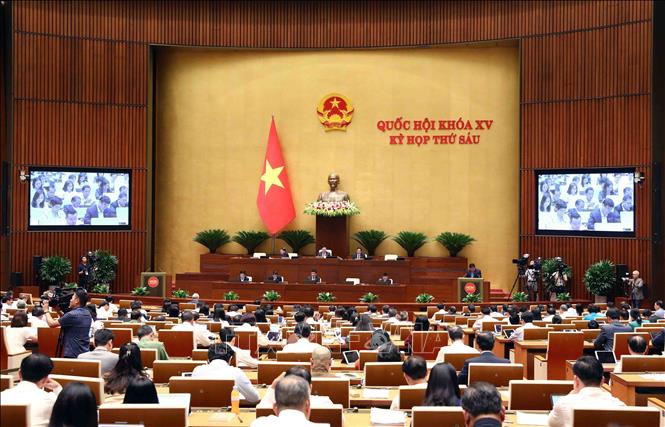






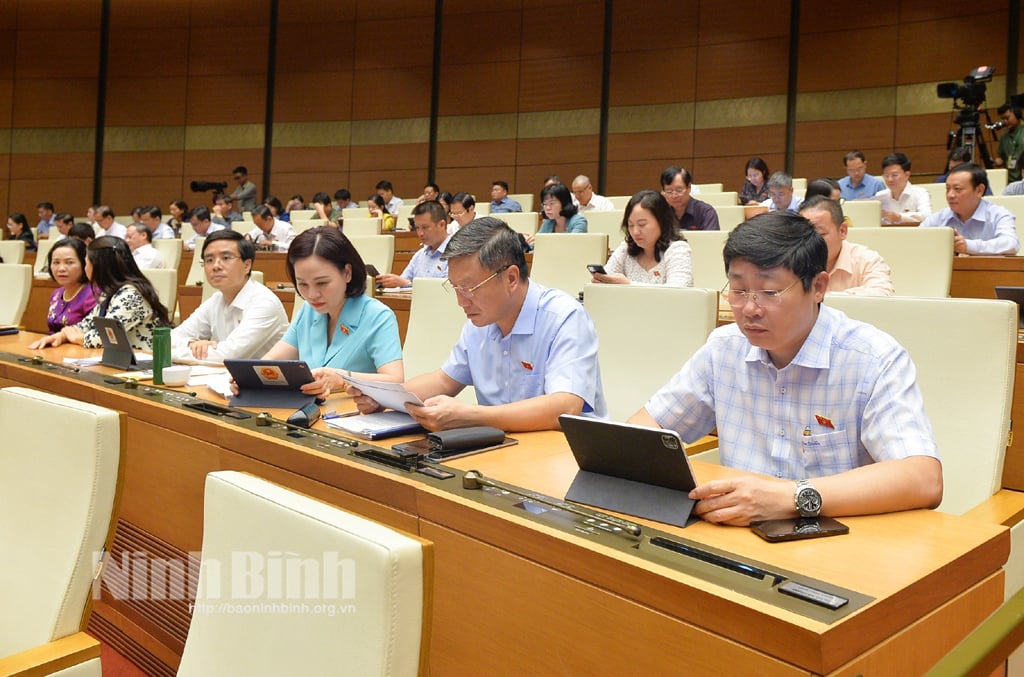

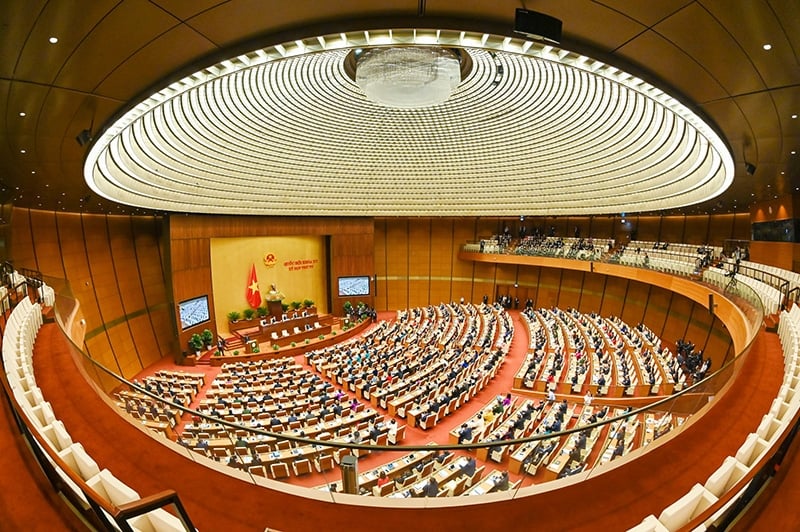


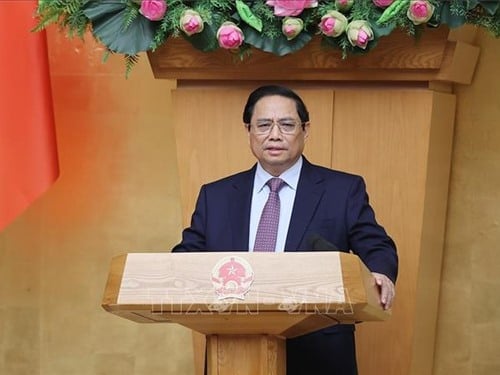

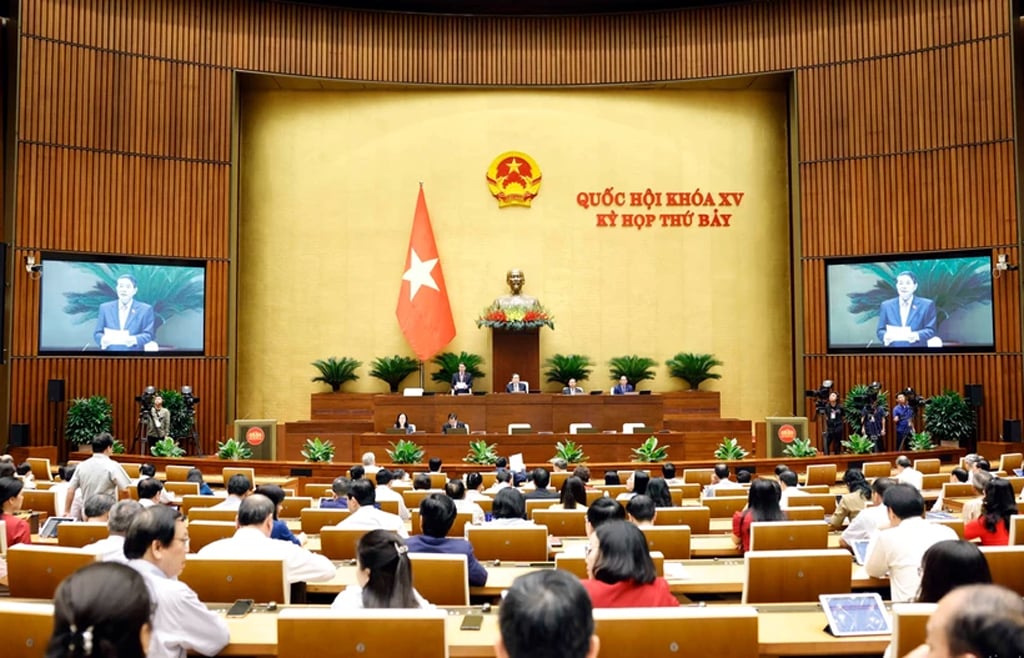









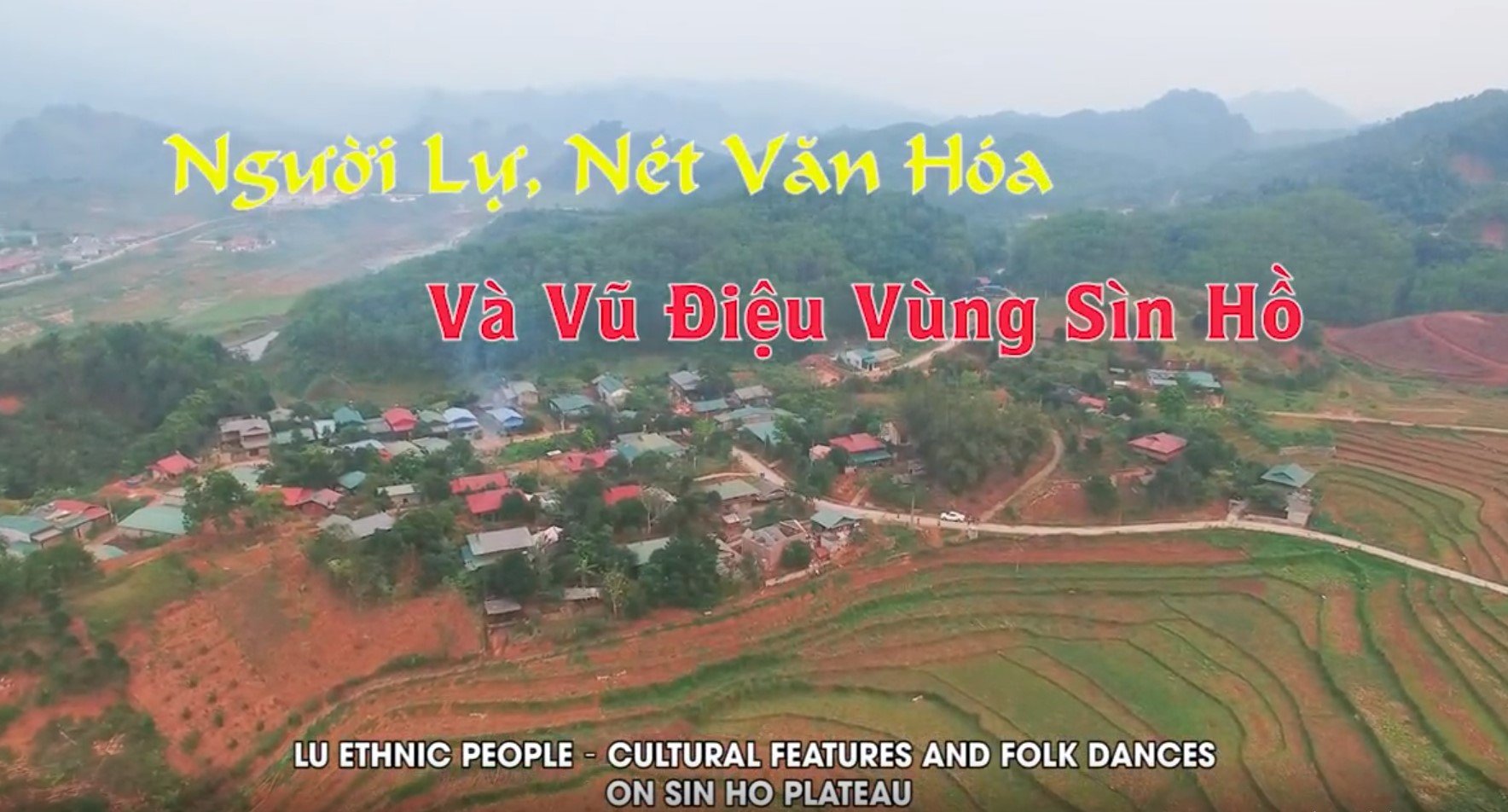











![[Photo] Prime Minister Pham Minh Chinh chairs Government Conference with localities on economic growth](https://vstatic.vietnam.vn/vietnam/resource/IMAGE/2025/2/21/f34583484f2643a2a2b72168a0d64baa)





















































Comment (0)